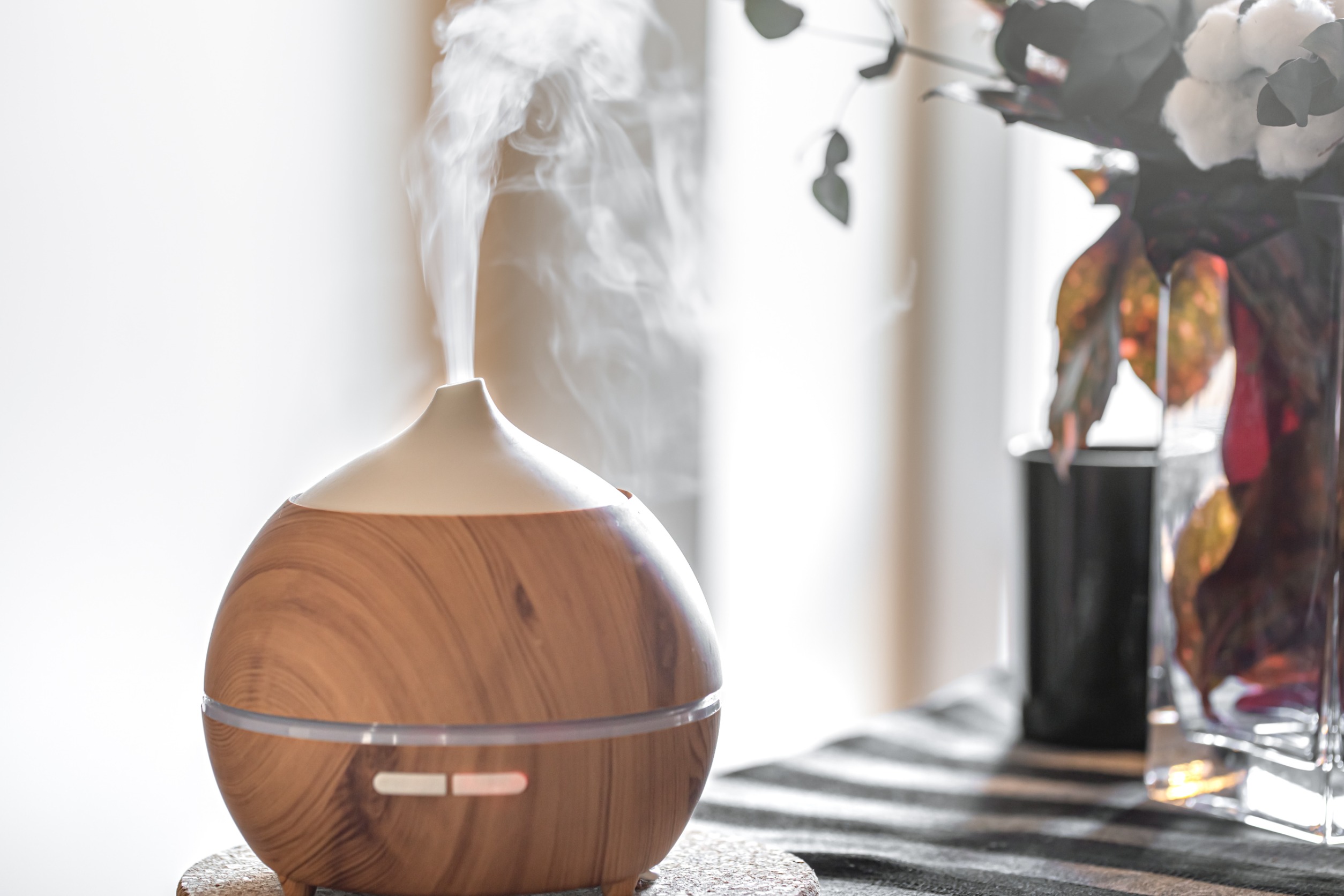BY THE OPTIMIST DAILY EDITORIAL TEAM
Aromatherapy is often linked to relaxing and creating a peaceful environment, but new research suggests it may provide more than simply a pleasant aroma. A recent study from the University of California, Irvine reveals that diffusing essential oils may improve brain function, particularly in elderly people. These discoveries can potentially change the way we think about aromatherapy, from a tool for ambiance to a possible brain-boosting technique.
Dr. Tara Swart, a neuroscientist, discusses how our sense of smell is closely linked to cognitive function: “Exposing ourselves to a greater variety of scents can improve cognition, including memory and verbal skills, while also creating physical changes in the brain.” This makes aromatherapy a fun and easy technique to maintain brain sharpness as we age.
The science of scent and brain health
The study, published in Frontiers of Neuroscience, examined 43 adults aged 60 to 85, some of whom were exposed to essential oils nightly for six months. Participants were instructed to diffuse oils such as rose, lavender, eucalyptus, and peppermint for two hours each night before bedtime. In contrast, the control group diffused unscented distilled water.
The researchers performed cognitive tests and brain scans at the start and end of the study to monitor changes in neural function. The findings were astounding: participants who took essential oils exhibited a 226 percent improvement in cognitive function, notably in memory and verbal learning tests, when compared to the control group. This considerable rise implies that even brief exposure to pleasant scents can benefit brain health.
Dr. Roberta Larter, the study’s lead researcher, stressed, “We have shown that even minimal olfactory enrichment delivered at night is sufficient to induce improvement in cognition and neural function.”
How essential oils may improve cognitive performance
Why does fragrance have such a significant impact on our cognitive abilities? It turns out that stimulating the olfactory system, the sensory system that detects smell has a direct effect on the brain. Dr. Swart concurs: “Stimulating our sense of smell can improve function in the olfactory system, which supports the longevity of the sense as we age.” In other words, frequently using your sense of smell may help keep your brain young as you age.
Aromatherapy appears to be especially effective at night. According to Dr. Swart, “Nighttime is a good window as it’s approximately eight hours where the olfactory nerve can be gently stimulated without interruption.” However, it’s crucial not to go overboard—having a diffuser on all night might be overbearing. Instead, diffuse essential oils for around two hours in the evening, as demonstrated in the study.
Simple tips for incorporating aromatherapy into your routine
Aromatherapy provides cognitive benefits without the need for a complex setup or a large number of essential oils. If you have a diffuser, try running it for two hours in the evening with relaxing essential oils like lavender, rosemary, or clary sage, which have been demonstrated to improve relaxation and cognitive performance. If you do not have a diffuser, there are numerous different ways to stimulate your sense of scent. Here are a few simple, practical methods to include aromatherapy in your daily routine:
– Use calming candles:
Before going to bed, light a clean-burning, nontoxic candle with essential oils to create a soothing atmosphere while providing the same olfactory stimulation as a diffuser. Popular smells such as lavender, bergamot, and eucalyptus are excellent choices for evening use. Just make sure to blow out the candle before you fall asleep.
– Try room or linen sprays:
Using room sprays infused with essential oils is an easy way to add aroma to your bedroom. To activate your olfactory system while sleeping, spritz your pillow or blanket with lavender spray before going to bed.
– Incorporate essential oils into your shower:
If you enjoy a warm shower before bed, sprinkle a few drops of calming essential oils such as chamomile or peppermint into the corners of your shower. The steam will assist in distributing the aroma and provide a relaxing end to your day, but it won’t last as long as a diffuser or candle.
Dr. Swart also recommends focusing on variety. “The goal is to flex your sense of smell in some fashion,” she says. This could be as simple as going through a garden and inhaling the perfume of fresh flowers, using scented bath products, or adding extra herbs and spices to your cuisine.
Small changes, big benefits
Aromatherapy may have much more to offer than just a relaxing atmosphere. Diffusing essential oils for as little as two hours each night can greatly improve cognitive performance, memory, and long-term brain health. And the best part? It’s a simple, cost-effective activity that everyone may integrate into their daily routine.
Whether you use a diffuser, light a candle, or simply have more aromatic encounters throughout the day, enhancing your sense of smell may be the key to better cognitive function as you get older.
Just remember to practice safely—limit your aromatherapy sessions to a few hours and avoid extended exposure to powerful scents. With a little attentiveness, you can reap the psychological advantages of aromatherapy for years to come.
Source study: Frontiers of Neuroscience—Overnight olfactory enrichment using an odorant diffuser improves memory and modifies the uncinate fasciculus in older adults











